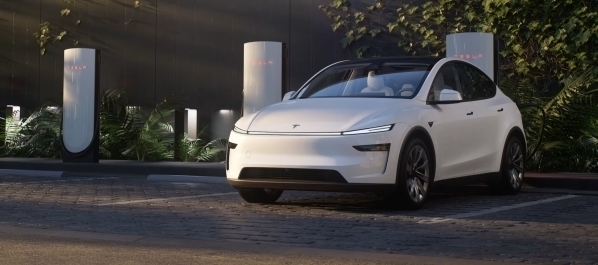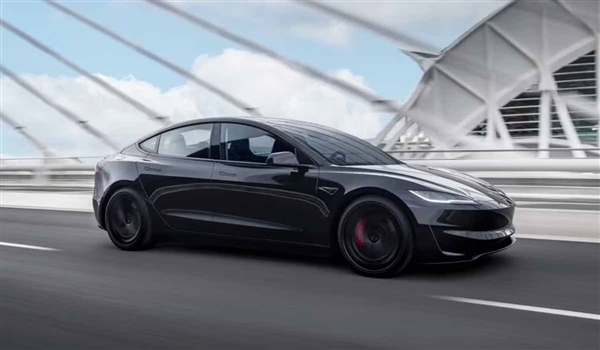May 29, 2024 – The competition in the U.S. electric vehicle (EV) market is heating up, as evidenced by the recent decline in new car registrations for Tesla, the longtime market leader. According to the latest data from S&P Global Mobility, despite a slight overall growth of 3.8% in EV sales in the U.S. in March, Tesla’s new car registrations dropped by 12%.
For years, Tesla has dominated the U.S. EV market, at one point holding an 80% share in 2020. However, with the emergence of more competitors, Tesla’s market share is shrinking. Statistics show that its share of the new EV market in the U.S. has fallen from 61.5% in March 2023 to 52.4% in the same period this year. Although the decline was steeper in February, reaching 25%, the downward trend over two consecutive months is still concerning.
Nevertheless, Tesla’s supremacy has not been shaken yet, and the overall U.S. EV market has not panicked due to its sales decline. On the whole, the U.S. EV market is still growing. Although new car registrations in March increased by only 3.8% (reaching 96,385 vehicles), sales from brands other than Tesla grew by 28%.

So, who is encroaching on Tesla’s market share? Ford Motor Company, although still lagging behind Tesla (8,418 vehicles vs. 50,474), has seen a threefold increase in EV registrations compared to the same period last year. This growth is mainly attributed to the popularity of the Mustang Mach-E, whose registrations in March increased fourfold year-on-year. Meanwhile, the F-150 Lightning pickup has become the best-selling electric truck in the U.S.
Hyundai and Kia have also achieved strong growth, with their EV registrations doubling. Hyundai’s IONIQ 5 sales increased by 53%, while Kia’s newly launched EV9 also contributed to its sales boost. In addition, BMW’s new i5 and Mercedes-Benz’s EQE and EQS models have all achieved double-digit growth.












